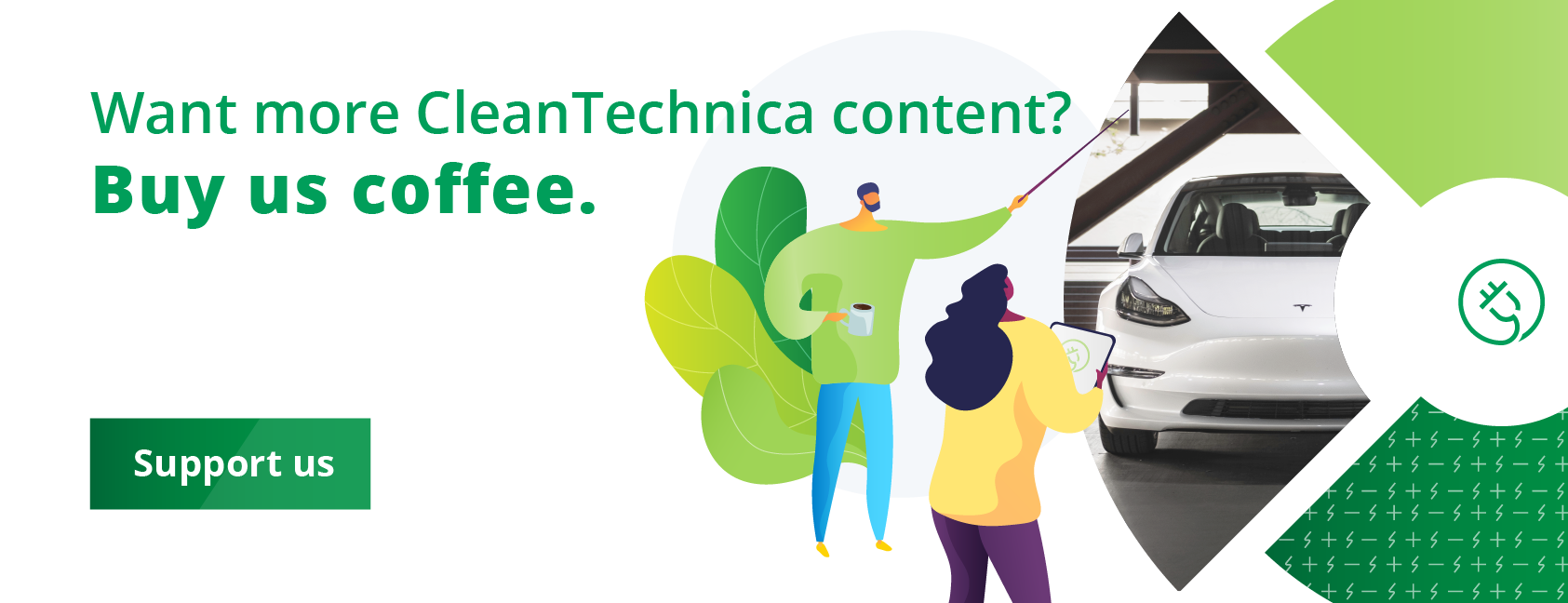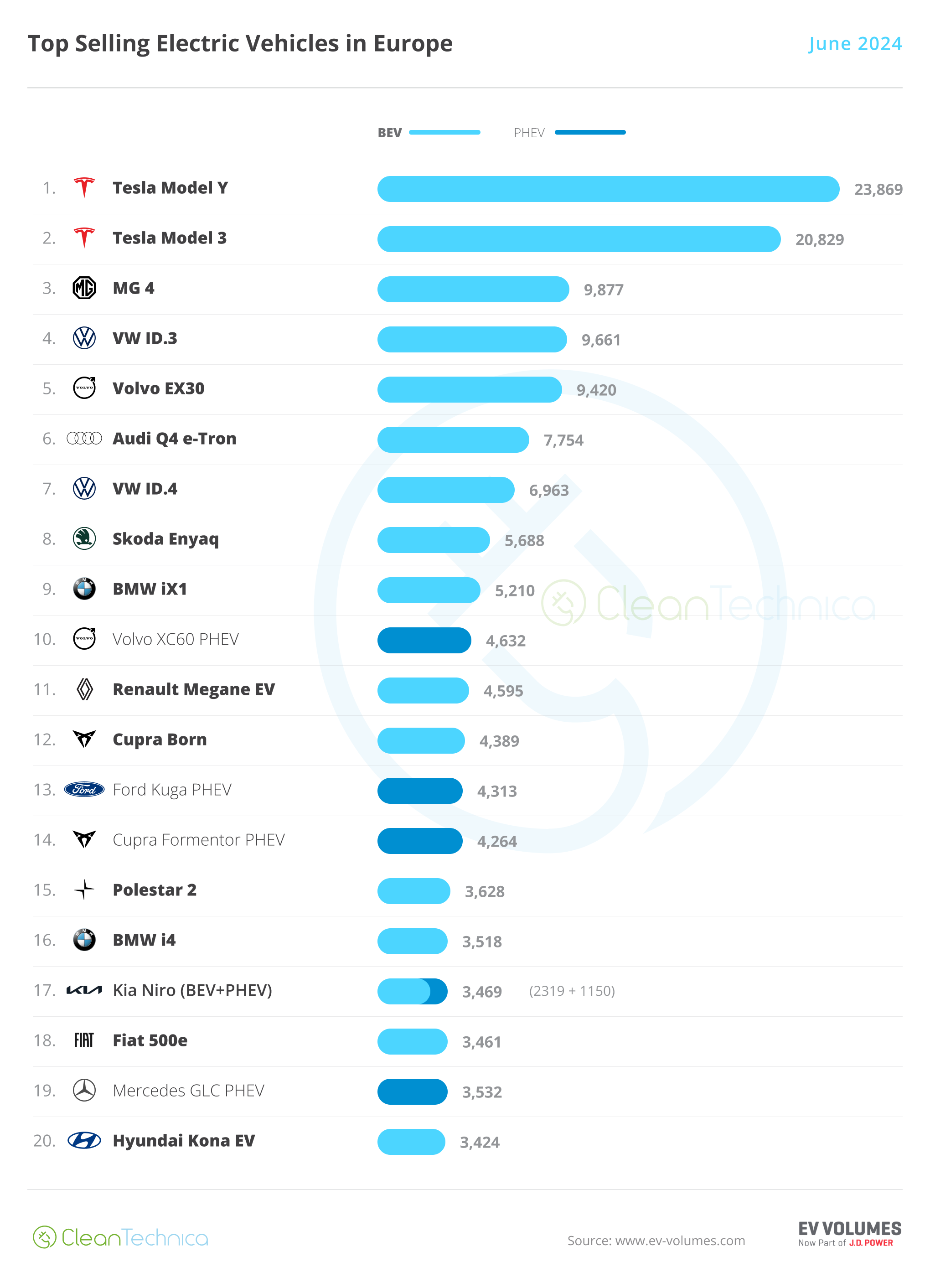
When pandemic lockdowns hit, many of the world’s assumptions went right out the window. The inevitability of things like urban air pollution and daily commutes for 9-5 jobs that result in pointless traffic deadlock suddenly changed in our minds. Many of us wondered whether our jobs mattered at all if society could mostly go on without them, and many more of us wondered why we’d been forced to go sit in a cubicle or office all day.
This has changed how people think. While out-of-their-lane geniuses like Elon Musk and “leaders” like New York Mayor Eric Adams hate remote work, it’s not something that’s going to go away. Too many people got a taste of a better life, and many are refusing to give it up or give it up completely. Add to this the “what am I doing with my life” thought that many experience during times of mass death and disruption, and the instinctual human desire to be closer to nature, and things are changing as much in rural national parks as much as they’re changing in the cities.
This video explains a lot of the problems in an entertaining way:
Outdoor recreation is an absolutely booming industry right now. It’s outpacing the wider economy, and it’s becoming an increasingly bigger player in it. For many people, it’s a good thing, as it brings a lot of money into small towns near attractions, but places like Moab, Utah, are experiencing too much of a good thing. There’s just not enough room in the town for the people who live and work there, and housing prices are going through the roof while businesses don’t have the help they need.
The people who manage public lands and parks are being challenged, too. There just isn’t enough space out in the wide open spaces for all of the visitors who want to see the most popular sights. Normally, something experiencing high demand just expands, but when there’s only one of something in the whole universe, like Utah’s Delicate Arch (the arch that appears on the state’s license plates), you can’t just make more.
On top of greater numbers is less understanding of how to be a responsible visitor. It used to be that only a small portion of the population was into this stuff, and they mostly came from a background where they learned things like “Leave No Trace” and “Leave only footprints, take only photos and memories.”
So, outdoor recreation is facing a bit of a catch-22. We want more of the population to experience the outdoors because it’s good for everyone and helps a broader segment of the population to appreciate nature enough to want to protect it. When the great outdoors is something that tilts toward those with more money and lighter skin tones, the future of humanity itself is that much weaker.
Expanding the experience into all demographics has a downside, though. When people who didn’t grow up with an idea of how to responsibly behave outdoors go out there, all sorts of bad things start happening. Trash and poop are the obvious ones, but departing from trails and “busting the crust” becomes a problem, as does irresponsible use of motorized vehicles and even increased light pollution because people want to be trendy.
Sadly, the video points to several instances where there were very bad outcomes for outdoor recreation. National parks are having to close their gates when they get too full, or implement reservation systems to keep the places from getting too crowded. Some parks with more of a conservation mission than an outdoor recreation mission are having to get a lot more strict about visitors, causing problems and controversy
An even worse outcome is the increase in search-and-rescue calls. When inexperienced people who read about a place online instead of hearing about it through a network of outdoorsy friends head out unprepared, things like satellite text services and even built-in emergency satellite comms in newer smartphones saves the day, but it leads to strain on already thin resources that are often provided by volunteers.
When help isn’t available or reachable, the inexperienced and unprepared sometimes just die. It’s hard to find a worse outcome than that!
Ways Out Of This Mess
Sadly, there’s no simple plan that can fix this. Insane people would tell us that we need to end or severely curtail public access to public lands, and that would probably provide a short-term solution, but it would backfire spectacularly. Political blowback would most certainly lead to a round of “throw the bums out” and put things right back to where they are now. Even if such harsh anti-recreation policies did manage to stick, the environmental costs of a public that isn’t allowed to develop an appreciation of nature would certainly lead to even greater setbacks.
Other insane people would just open it all up without any kind of a plan, but we’re already seeing all the ways that this just doesn’t work out in practice.
What seems obvious is that there’s no way out without better education. Some of this can happen at trailheads and admission booths, but with outdoor youth programs in decline, a big part of what kept honest people honest is failing to work like it used to. Letting commercial interests and click-hungry influencers fill that void leads to what we’re seeing today. So, we’ve got to find other ways to encourage more responsible outdoor recreation.
One way forward here is what I’m doing right now: trying to show people the problem. We all need to be reaching out to our favorite outdoor companies and influencers to make sure they’re informing the public about not only the benefits of the outdoors, but the responsibilities that come with it.

Clean technology also can play a role. We’re already seeing an increase in apps that inform people about nature (like this one, which I’m loving), and we’re seeing a lot more people using solar power instead of dirty generators to bring some of the comforts of home along. We need to encourage vehicle manufacturers, accessory providers, and everyone involved in the outdoor recreation industry to continue to step up on this so that fossil fuels and irresponsible practices like outdoor party lighting don’t continue to be the norm.
Finally, we’re probably going to continue to see people who can remote work either spend more time in the outdoors or move to a “gateway community” they fell in love with in the coming years. Instead of trying to piss into the wind and demand the workers corral themselves back into cities, we should instead work with rural communities to help them grow in better ways than today’s industrial cities did.
If we can do all this, we won’t solve it all, but we’ll be off to a much better start.
Featured image by Jennifer Sensiba.
I don’t like paywalls. You don’t like paywalls. Who likes paywalls? Here at CleanTechnica, we implemented a limited paywall for a while, but it always felt wrong — and it was always tough to decide what we should put behind there. In theory, your most exclusive and best content goes behind a paywall. But then fewer people read it! We just don’t like paywalls, and so we’ve decided to ditch ours. Unfortunately, the media business is still a tough, cut-throat business with tiny margins. It’s a never-ending Olympic challenge to stay above water or even perhaps — gasp — grow. So …




